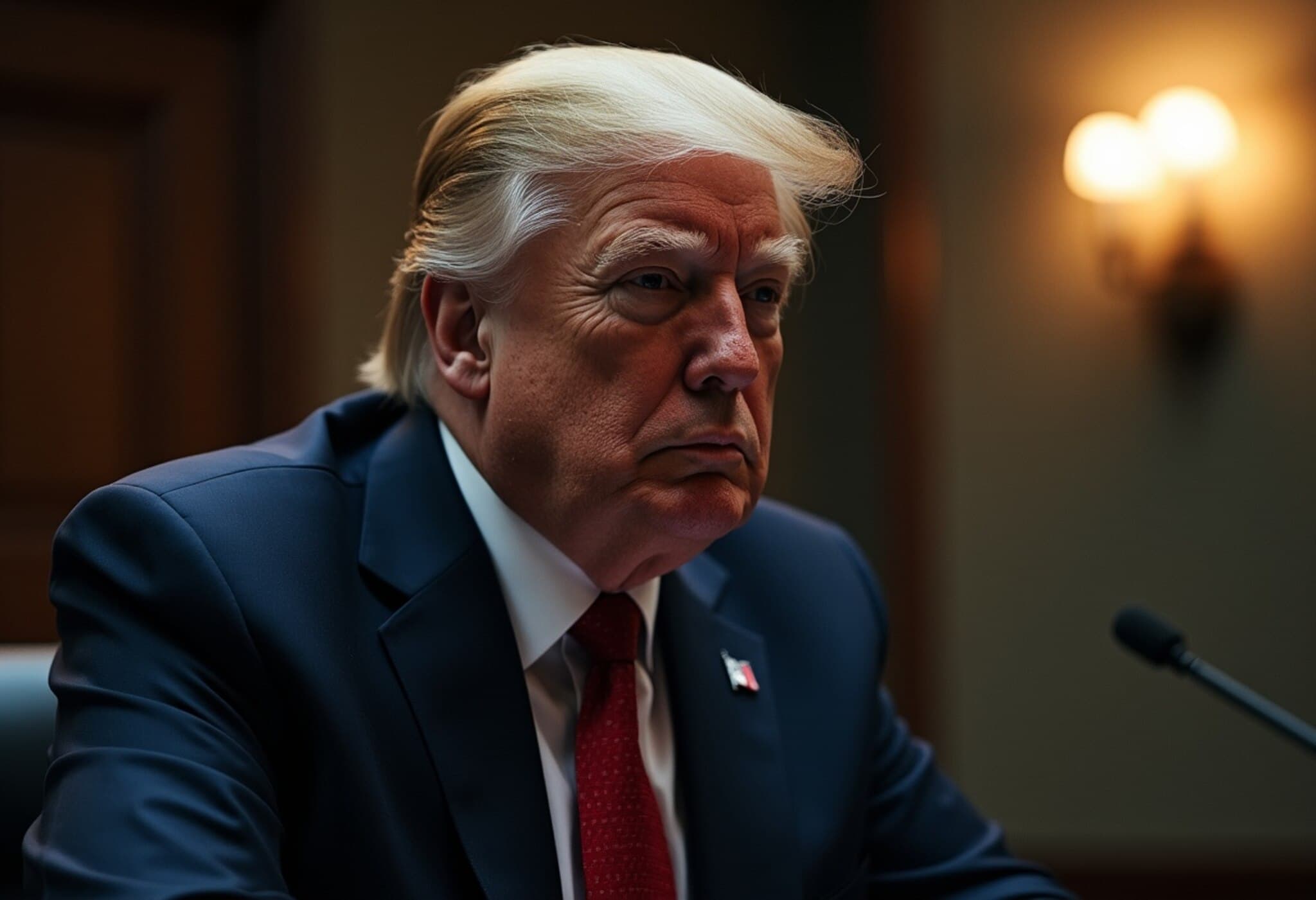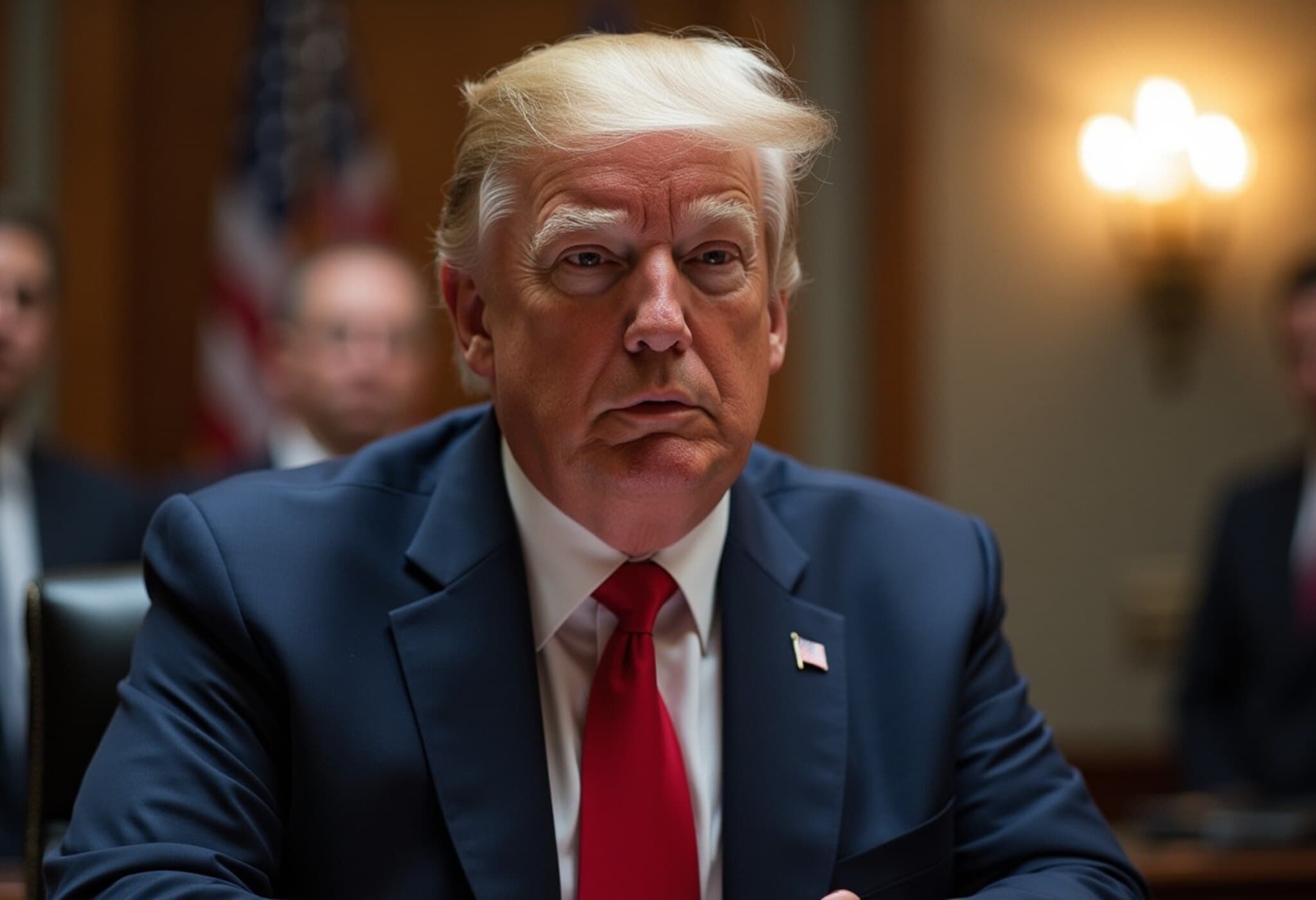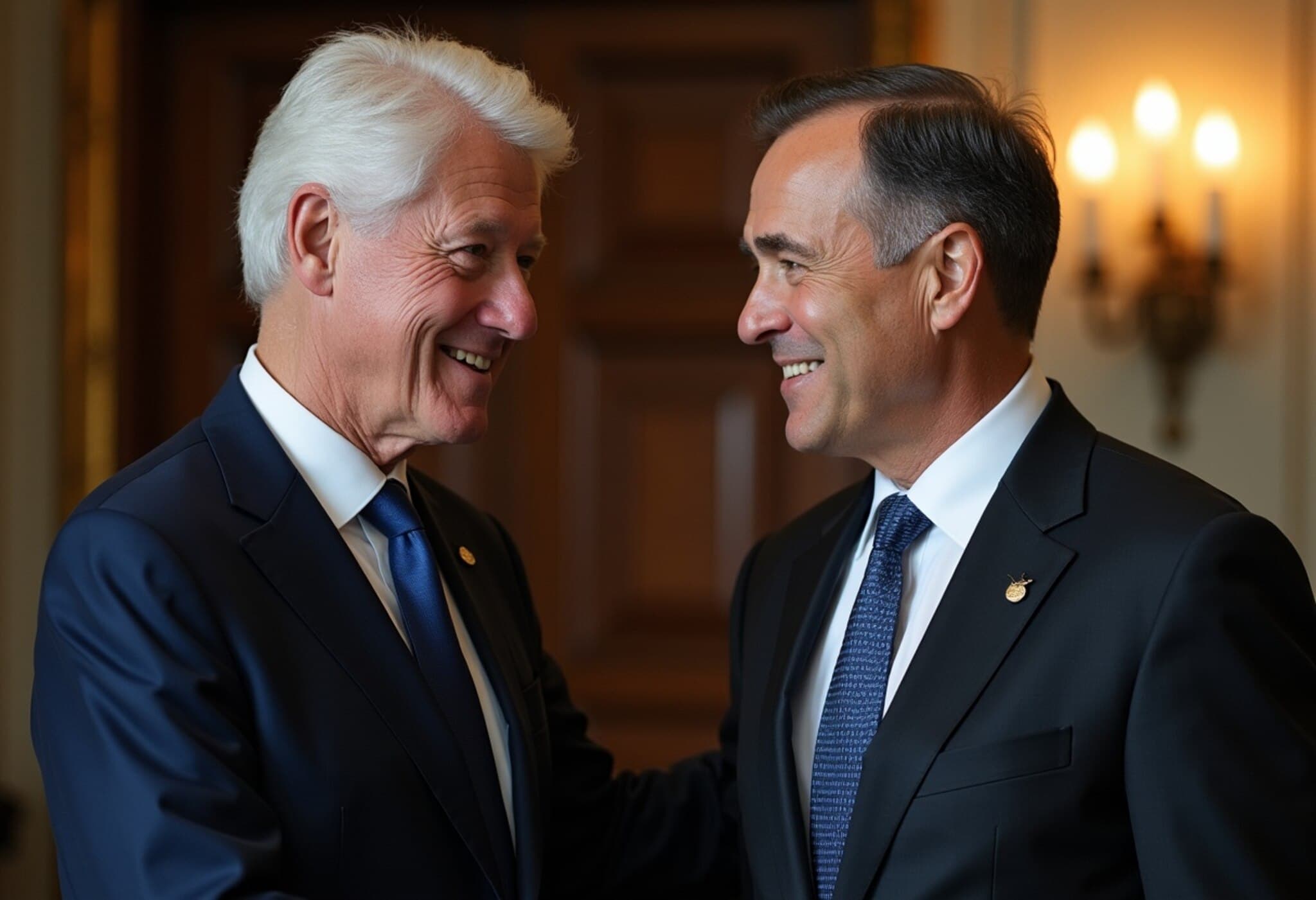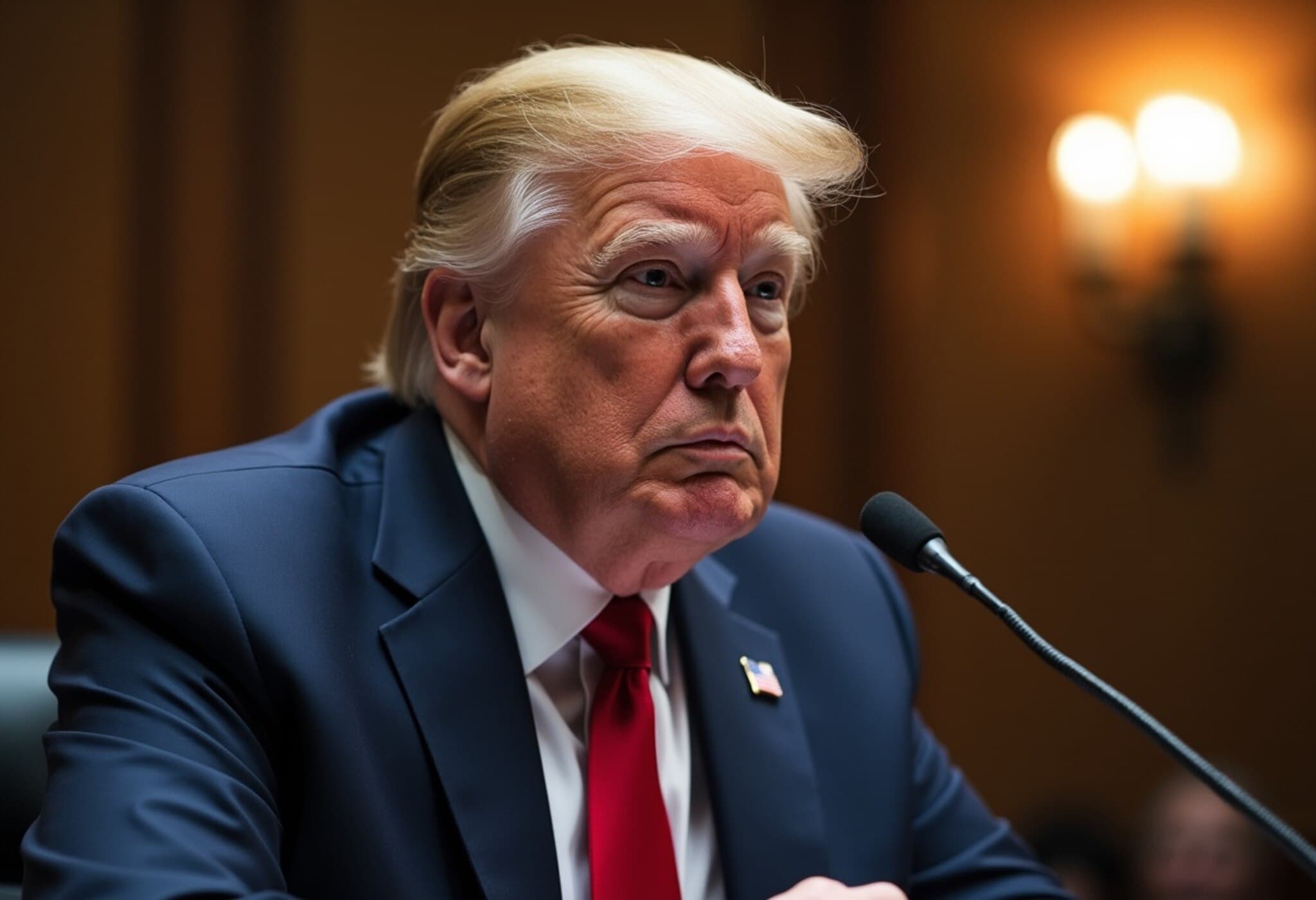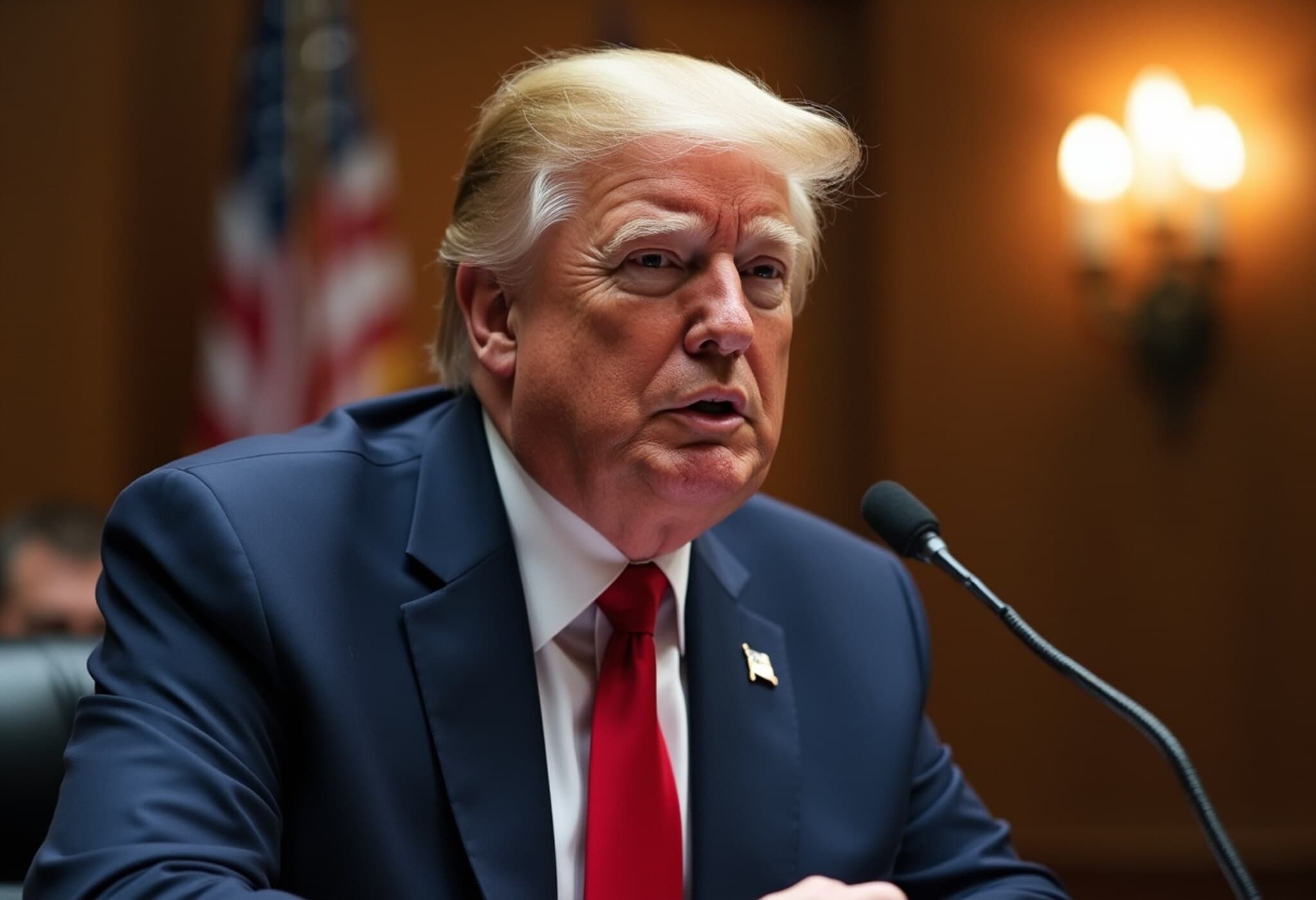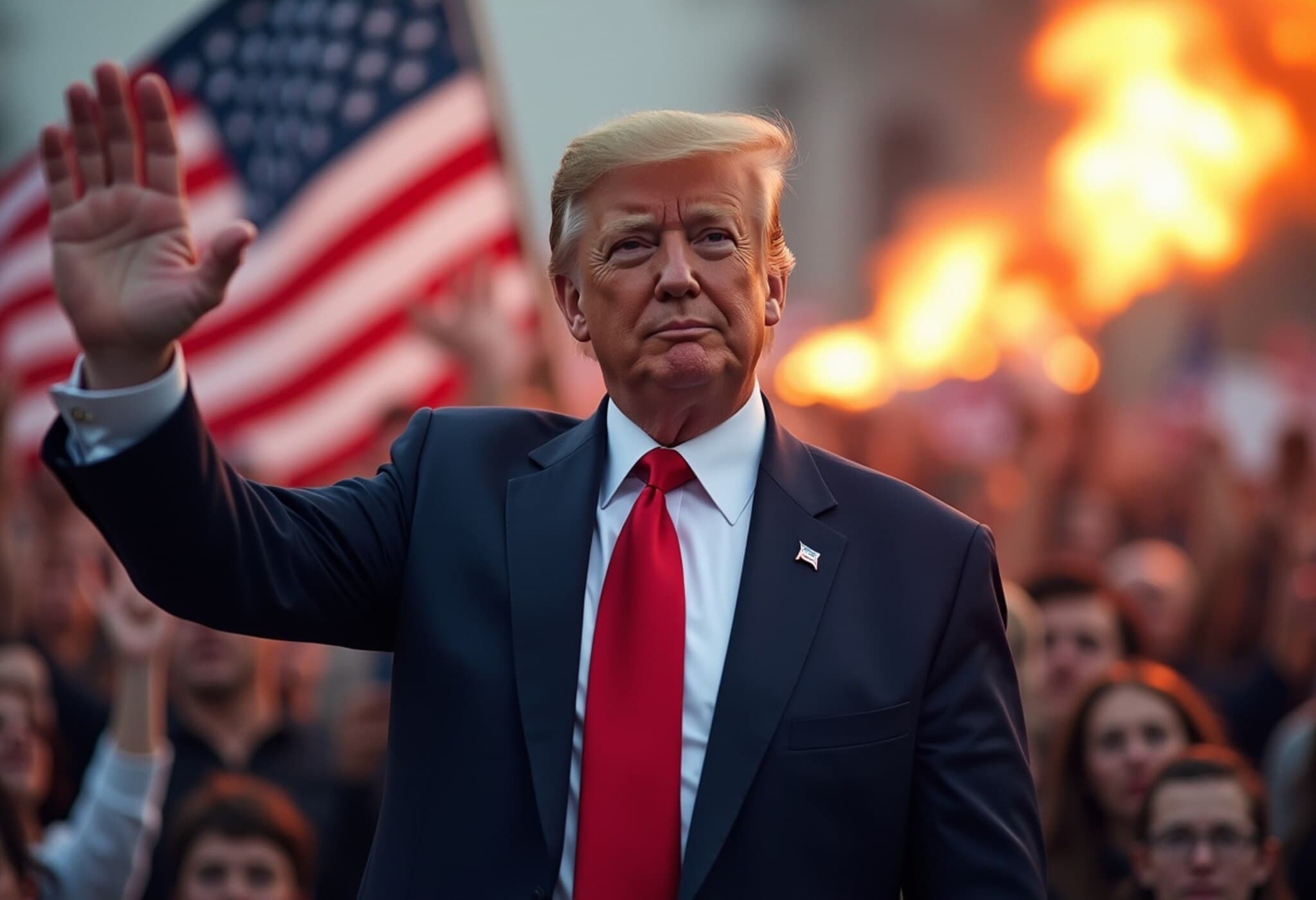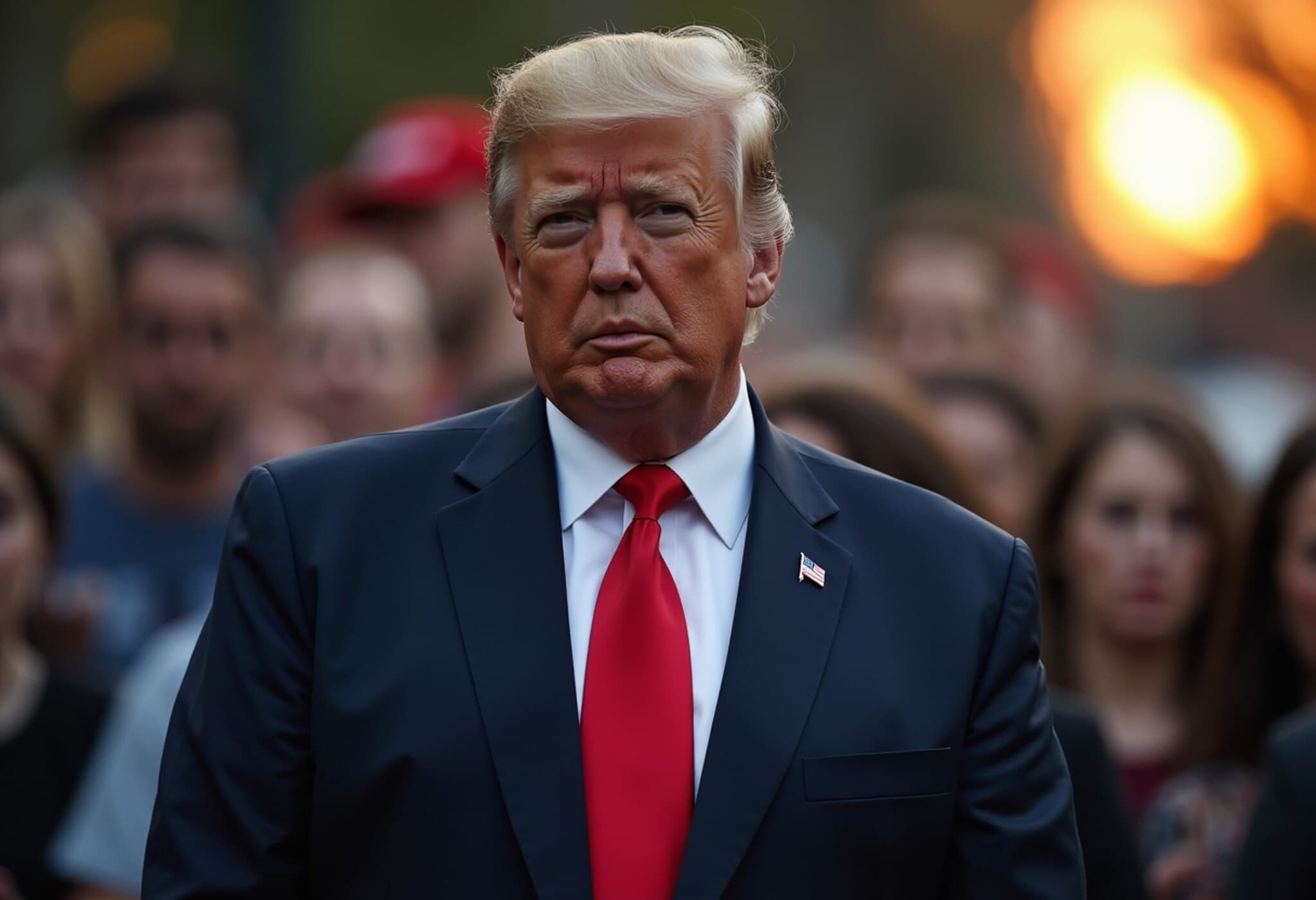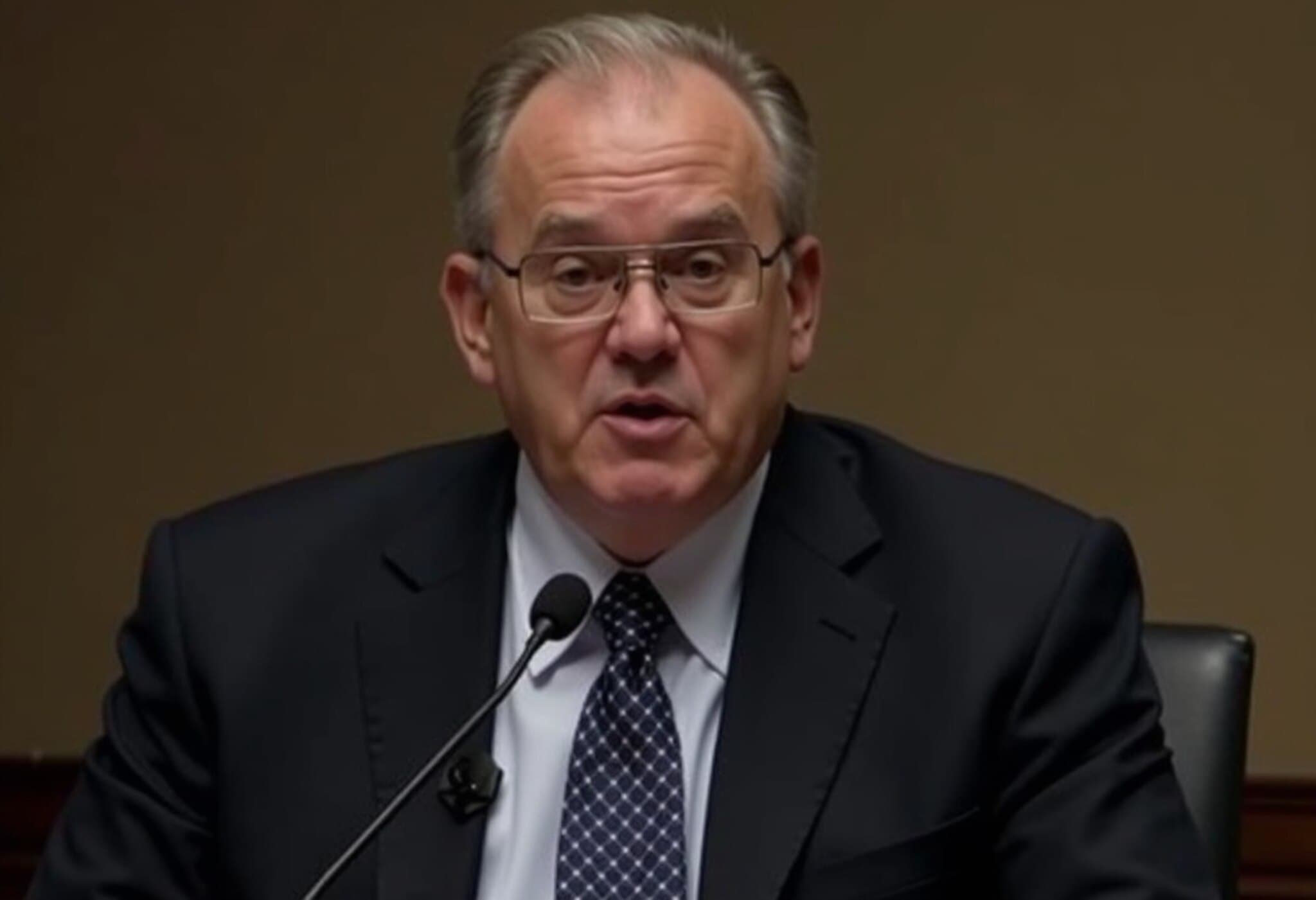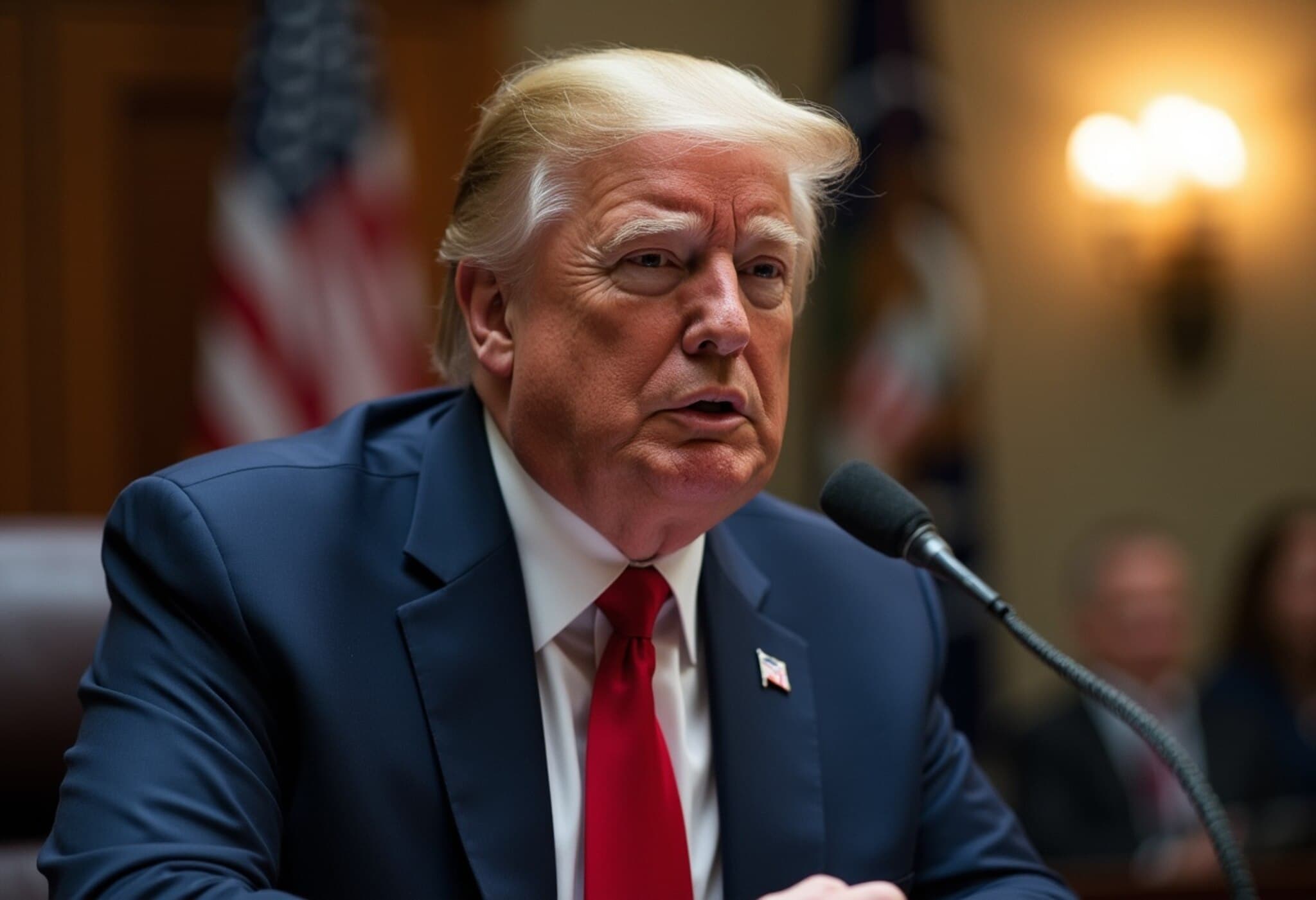Behind the Epstein Files: A Deep Dive into MAGA’s Sense of Betrayal
In the tumultuous landscape of American politics, few scandals have sparked as much intrigue, conspiracy, and public outcry as the Jeffrey Epstein case. Even years after his controversial death in 2019, the saga continues to reverberate—particularly within the MAGA movement, where prominent figures like Kash Patel, Pam Bondi, and Donald Trump once raised hopes of unveiling explosive truths, only to leave many feeling disillusioned.
The Allure of Epstein Conspiracy Theories in American Culture
America’s long-standing fascination with conspiracy theories is almost a cultural hallmark. From moon landing skeptics to 9/11 “inside job” believers, the public has often gravitated toward shadowy explanations for complex events. Epstein’s death—and the circumstances surrounding his criminal empire—offered fertile ground for this phenomenon.
When Epstein was found dead in his jail cell, official reports declared suicide, but widespread skepticism prevailed. Nearly half of Americans believed foul play was involved—a reflection of a deeper societal mistrust fueled by wealth, power, and sex crimes intersecting in one case.
This era’s conspiratorial mindset sees Epstein not just as a convicted sex offender but as a key player in a labyrinthine network involving powerful elites, secret intelligence operations, and sinister blackmail schemes. The popular narrative imagines a hidden trove of evidence that could unravel a global web of corruption—an idea too tantalizing for an audience craving accountability and secrets unveiled.
The ‘Epstein Files’ Mythos: Separating Fact from Fiction
Central to the intrigue is the so-called “Epstein files”: a mythical cache of flight logs, contact lists, videos, and records believed to implicate high-profile figures in Epstein’s sex trafficking operation. This alleged dossier became a rhetorical weapon for conspiracy theorists on both political extremes.
Over the years, several hard documents have emerged—court filings, witness statements, and an extensive contact book. Yet, the promised sensational client list or incriminating tapes have remained elusive, leaving a void filled by rampant speculation.
For many, the fact that Epstein mingled with royalty, tech billionaires, and US presidents only added fuel to the fire. Rumors swirled about intelligence agencies like the CIA or Mossad using Epstein to entrap influential people, or of Epstein managing kompromat for Wall Street titans. None of these theories have been substantiated, but the lack of transparency enabled them to persist and grow.
MAGA Leaders’ Role: From Champions of Disclosure to Disappointed Supporters
During Donald Trump’s 2024 presidential campaign and subsequent administration appointments, figures such as Kash Patel, Dan Bongino, and Pam Bondi stoked public anticipation by promising to expose the “hidden truths” behind Epstein’s network.
- Kash Patel, appointed FBI Director, had vocally demanded the release of the Epstein client list, questioning why the government was suppressing it.
- Dan Bongino, Deputy FBI Director and former media personality, promised unwavering pursuit of justice and truth regarding Epstein’s demise and connections.
- Attorney General Pam Bondi, once a vocal critic of delays in releasing Epstein-related files, teased imminent disclosures that her base eagerly awaited.
This triumvirate of MAGA insiders positioned themselves as anti-establishment crusaders with promises to bring Epstein’s alleged accomplices to light. For their supporters, the anticipated revelations represented a crowning vindication of years of suspicion and fervent campaigning.
The Harsh Reality: When Evidence Fails to Match Expectations
Once in power, however, the narrative shifted. The much-hyped “Phase 1” of the Epstein files unveiled little beyond publicly available information. Promised client lists and incriminating footage did not materialize, turning the anticipated bombshell into what many described as a dud.
Public frustration mounted as Patel, Bongino, and Bondi moved from fiery conspiracy advocates to cautious institutional defenders. Patel acknowledged Epstein’s death as suicide. Bongino echoed this position, despite months of earlier insinuations to the contrary. Bondi, too, faced criticism for overhyping evidence that failed to deliver.
This pivot left many MAGA supporters feeling betrayed, accusing their once-heroes of capitulating to the “deep state” they had vowed to dismantle.
The Musk Factor and the Crumbling Illusion
In a dramatic twist, tech billionaire Elon Musk briefly escalated tensions by tweeting that Donald Trump was implicated in Epstein files, insinuating reasons for their continued secrecy. Though Musk quickly retracted his statements, the episode intensified demands from Democrats and conservative watchdog groups alike for full transparency.
The Justice Department’s subsequent memo, which declared no incriminating client list existed and reaffirmed Epstein’s suicide, served as a final blow to conspiratorial hopes.
The backlash was fierce. Influential figures from Judicial Watch to Alex Jones lambasted Patel, Bongino, and Bondi with epithets like “Deep State traitors,” signaling a fracturing of trust within the MAGA base.
Even Trump expressed exasperation, dismissing the topic publicly in a Cabinet meeting, further alienating his following who had long awaited revelations.
The Paradox of Power: Outsiders Turned Establishment
The trajectory of these MAGA leaders underscores a broader political paradox. Conspiracy theories thrive in opposition—energizing movements and shaping identities. But once in government positions, the cold realities of governance, legal constraints, and evidence standards often force a retreat from earlier sweeping claims.
This dissonance provokes anger, as supporters view pragmatic course corrections as betrayals. The Epstein files saga exemplifies the clash between populist fervor and institutional inertia.
Moving Forward: What the Epstein Files Teach Us
The Epstein case, far from closing, remains a symbol of America’s fractured trust in the powerful and the systems governing justice. It raises pressing questions:
- How can transparency and truth coexist with national security and legal propriety?
- What accountability mechanisms can prevent the abuse of power among elites?
- How does political populism balance hope with the burden of evidence?
Ultimately, the Epstein files are less about a single dossier and more a mirror reflecting America’s deep anxieties about privilege, secrecy, and justice.
Editor’s Note
As the dust settles on the Epstein files controversy, one thing remains clear: conspiracy theories, while seductive, often reveal more about collective hopes and fears than about undisputed facts. The MAGA movement’s sense of betrayal illustrates the complex interplay between belief, evidence, and political loyalty. For journalists, policymakers, and citizens alike, it is a call to engage critically—valuing transparency while demanding rigor—and to recognize the perils of promises that hinge on explosive revelations yet to materialize.
By the TOI World Desk, combining investigative insight and political analysis to illuminate America’s evolving narrative.

